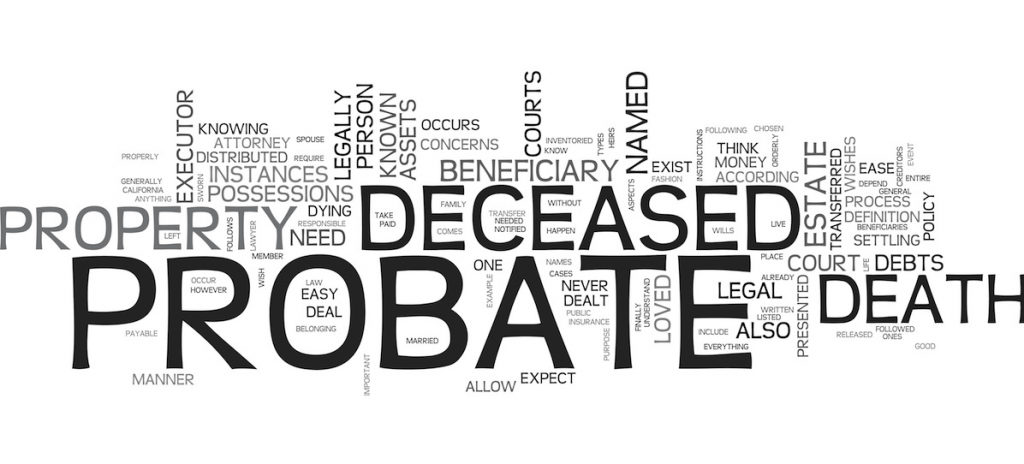
When you pass away, your Will dictates how your estate is to be distributed.
Upon your death, your will is likely going to be probated. Probate is the word that describes the process of having a Court accept a will as a valid Last Will and Testament and appoint an individual as executor of the estate to administer the estate.
Administering an Estate:
The individual appointed as executor in your will must apply to the Court for a “Certificate of Appointment as Estate Trustee with a Will”. Once the Court has validated the will and granted this certificate, the executor can administer the estate and distribute assets according to the instructions in your will.
How long does the probate process take?
To apply for probate you must submit an application which may take several months to be processed by the Estates office.
What is the cost to probate a will?
The fact is almost all estates go through probate and are subject to an administration tax (sometimes referred to as probate fees).
How much is the administration tax/probate fee in Ontario?
Probate fees are calculated in direct relation to the value of your estate. Your estate is the property you own when you pass away and includes everything from real property to investments to the shares in a corporation and even personal assets such as jewelry, art and the cash in your bank account.
The definition of “property that is included in probate” is property that you own in your name.
– If you own property as tenants in common – your share of the value is included in your estate.
– When you own property in a joint tenancy – the value is not included in your estate.
In Ontario, probate fees/administration tax is not payable on the first $50,000. Tax is payable on the value of the estate over $50,000 and is calculated at $15 per $1000. For example, for an estate valued at $2,000,000, the probate fee would amount to $22,500. When calculating probate fees, you subtract debt that is owed (for example a mortgage on a property in Ontario).
How can you reduce probate tax?
Having a designated beneficiary on assets such as life insurance, RSPs/RRIFs, TFSA and owning property in joint tenancy means that these assets do not form part of your estate for probate purposes and are not included in the value of your estate for the probate tax calculation because they pass outside the will.
Are probate fees/administration tax different then income tax?
YES.
– Probate fees (administration tax) are the fee to validate your will.
– Your terminal income tax return is your final tax return which is filed after you pass away.
What if you don’t have a will?
A properly constructed will is an act of care, concern and generosity and provides direction with respect to asset distribution, and your final wishes.
If you die without a valid will (known as dying “intestate”), the courts will direct who receives your property/assets. The courts appoint an administrator to manage and distribute your estate with no consideration of your intended wishes or concerns, since no public record exists without a valid will.
We understand that making a will may be a difficult process, but passing away without one makes things far more difficult for those you left behind.
Elliott Levine, MBA, CFP is the President of Levine Financial Group in Toronto
We Save Physicians Money on their Insurance
416-222-1311 I info@levinefinancialgroup.com
